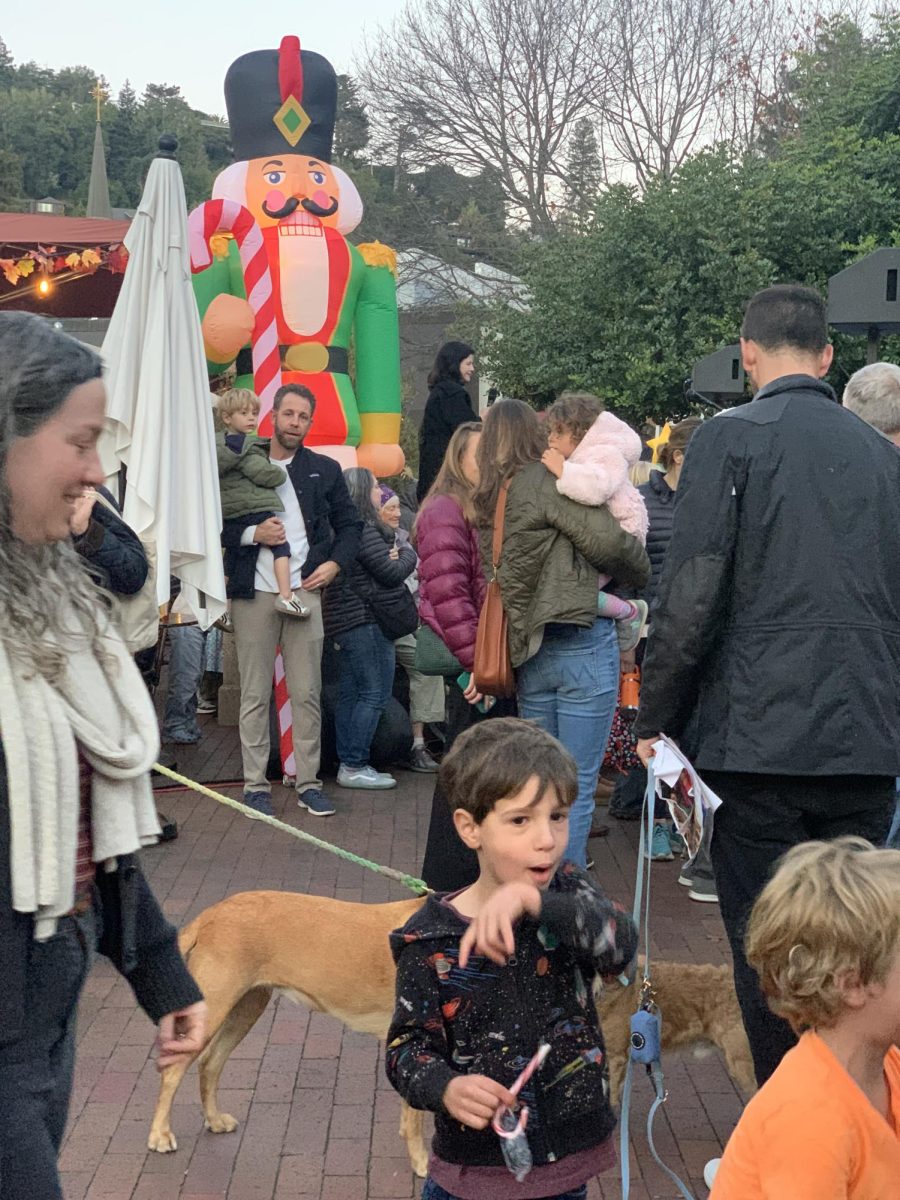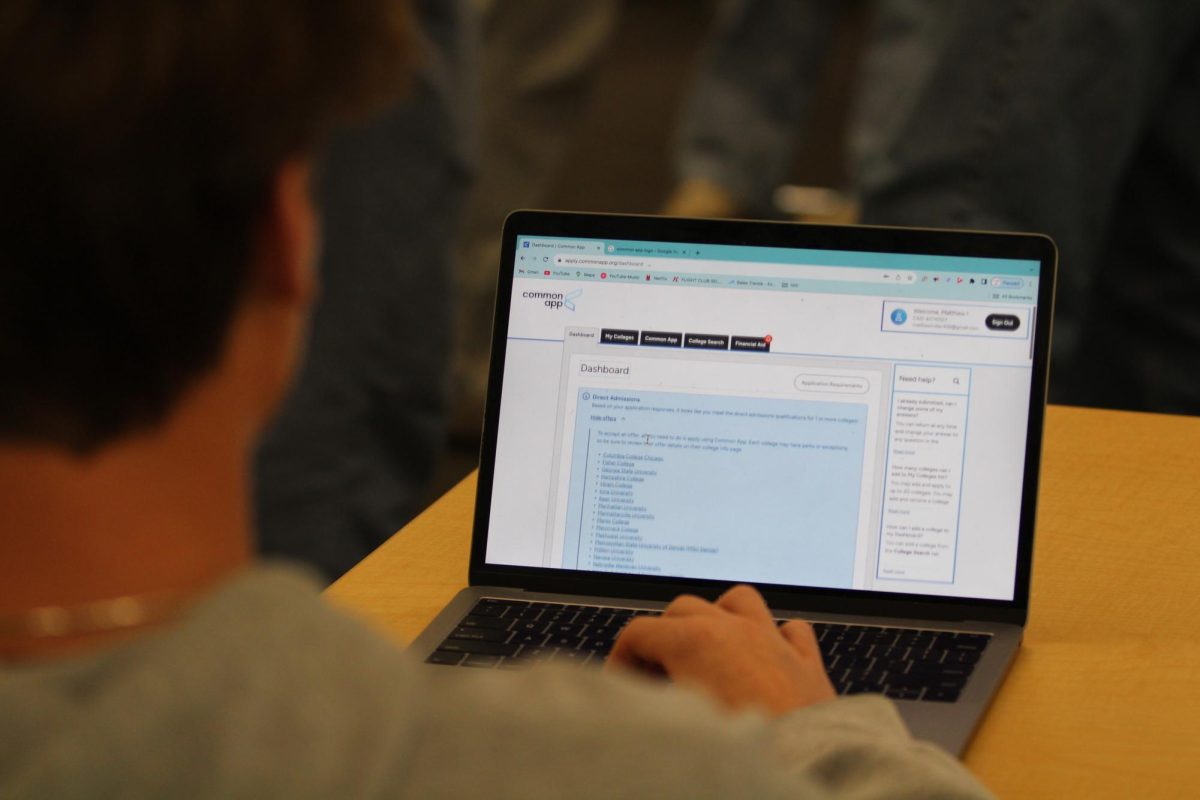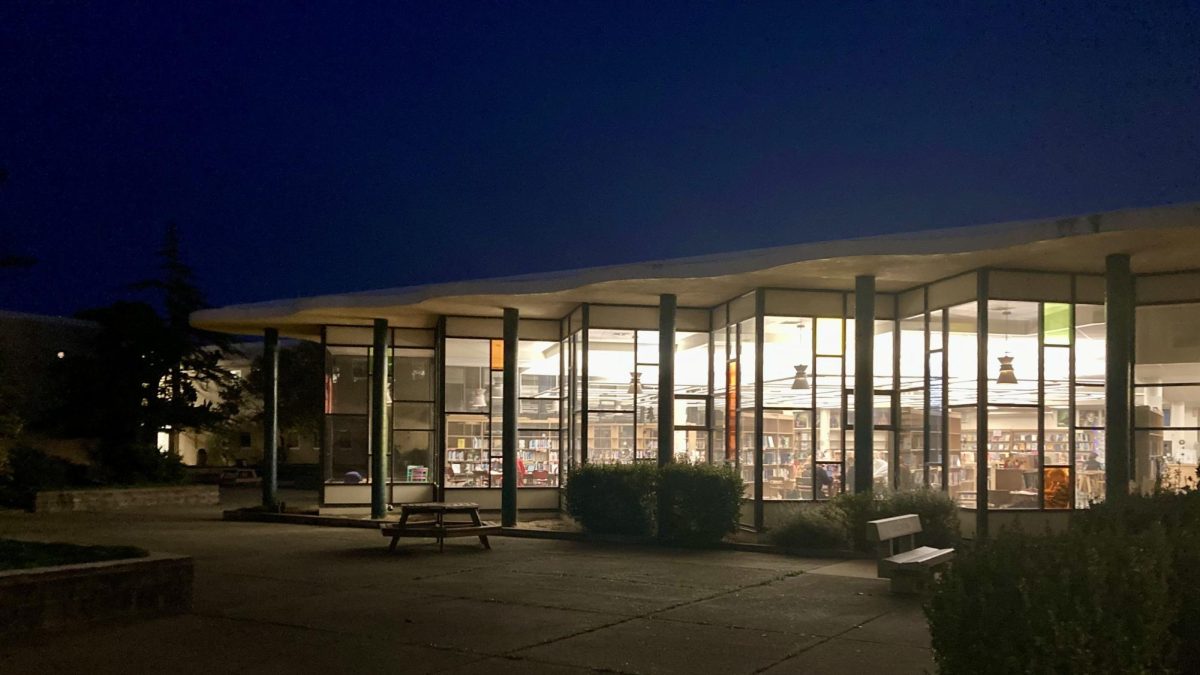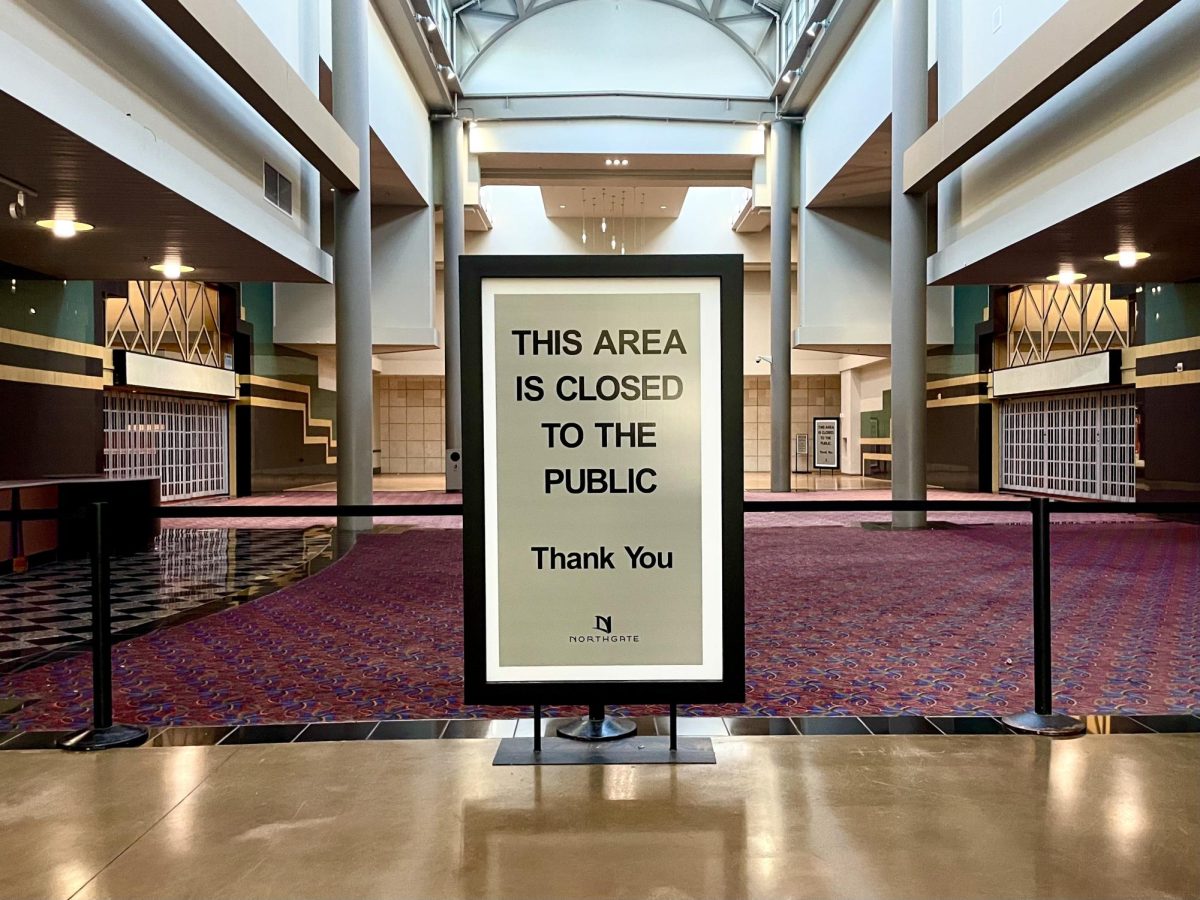Curfew ordinances in Marin differ significantly from town to town, both in the hours they are enforced as well as to what ages they apply. This inconsistency has made it difficult for teens to remember and interpret these laws.
Curfew ordinances state that minors out past a certain hour of the night are subject to misdemeanor penalties and can be escorted home by police authorities or often times, parents are call to pick up their son or daughter.

In Larkspur and San Anselmo, minors under the age of 18 can be cited for breaking curfew, whereas in other unincorporated areas, the ordinance only applies to minors under the age of 16.
Most areas in Marin enforce an 11 p.m. curfew with the exception of Ross on weekends, and unincorporated jurisdictions including Marin City, Sausalito, and parts of Kentfield and Greenbrae. These areas are under the jurisdiction of the Sheriff Department or the California Highway Patrol and have a midnight curfew that only applies to minors under the age of 16.
Ross’s curfew law, Ordinance 541, states that curfew restricts anyone under the age of 18 from being out in public after 11 p.m. on weeknights, and after 12:30 a.m. on Friday and Saturday nights.
Ross shares a border with Kentfield, which has midnight curfew applying only to people under the age of 16. This means that a 17-year-old could be subject to breaking a curfew law on one side of a street but not the other, based entirely on the jurisdiction under which that street falls.
“I think curfews are a good thing,” Central Marin Police Authority officer Patrick Eddlinger said. “Bars close at 2 a.m. and if someone gets in their car and decides to drive, you don’t want kids out. It’s a safety thing.”
“Curfews aren’t necessarily to assume kids are doing something wrong. Usually they’re just hanging out with their friends,” Eddlinger said. “However, being out past curfew technically is a misdemeanor.”
Another concern about curfew laws is that they require that the officer who is giving the citation knows a suspect is a minor. An officer may not assume your age based on appearance because that would be considered profiling according to Eddlinger.
“We cannot assume someone’s age, but at some point there’s a difference,” Eddlinger said. “When you see a high school student you’re not sure about their age, but when you see a 10 or 12-year-old out past curfew, that’s a cause for worry, and we need to take action to find out where their parents are and why they’re out so late. It’s a big safety concern especially with traffic.”
According to Ross Municipal Code Section 9.12.030, minors can be exempt from curfew laws for several reasons, including being accompanied by a guardian, being on an errand for a parent with a written excuse from that parent, attending or returning from a school, work, or religious activity, and any situation involving a medical emergency. These exemptions vary slightly in their wording from city to city but are essentially the same in the activities that they apply to.
A 2011 UC Berkeley study reviewed how these curfew laws affected crime rates among minors in large cities across America between 1985 and 2002. The study revealed that crime rates among minors dropped 15 percent after a curfew was put into effect.
In 2001, the Alaska Civil Liberties Union fought in court to abolish curfew laws, arguing that they do not reduce crime rates among minors and are ultimately used as a tool to persecute minors rather than protect them. Courts in New Jersey, Iowa, Washington, and California have also struck down local curfew laws arguing they are unconstitutional. However, the Supreme Court has never reviewed a curfew case.





